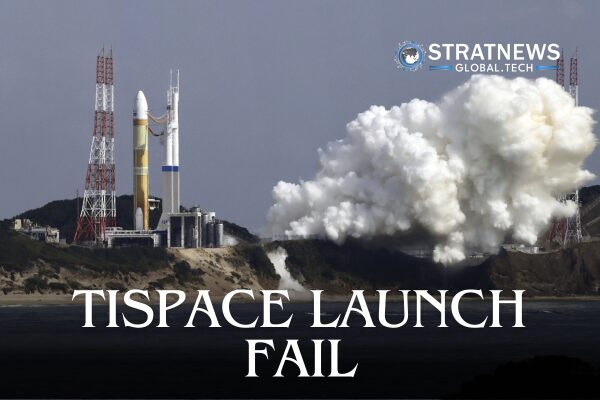Taiwan’s TiSpace Rocket Fails After Launch in Japan’s Hokkaido
Taiwanese rocket company TiSpace experienced a setback on Saturday when its VP01 rocket failed shortly after take-off from Japan’s Hokkaido Spaceport. The company aimed to become the first foreign firm to achieve a successful space launch from Japanese soil.
The 12-metre hybrid-fuelled VP01 rocket lifted off at 11:40 a.m. local time but quickly veered off course. Within a minute, it lost stability and went into freefall, according to footage aired by NHK, Japan’s public broadcaster.
Investigations Underway Following Launch Failure
TiSpace attempted the launch through its Japanese subsidiary, jtSPACE. The goal was to reach outer space, approximately 100 kilometres above Earth. Although the VP01 carried no satellite payload, a successful mission would have marked a key step toward developing a satellite launch vehicle.
A spokesperson from Space Cotan, the operator of the Hokkaido Spaceport, confirmed that the flight situation is under examination. TiSpace, led by a former official of Taiwan’s Space Agency, has yet to achieve a successful spaceflight. After a failed launch attempt in Australia in 2022, the company turned to Japan for further testing.
Japan’s Growing Private Space Sector Faces Setbacks
Local officials and businesses in Hokkaido had welcomed TiSpace’s move as progress toward developing an international space hub. However, some experts in Japan expressed concerns over China’s reaction, given Taiwan’s involvement in missile-related technology development.
Japan’s private rocket industry is still striving to gain ground in the commercial launch market, where SpaceX and Rocket Lab are dominant. So far, no privately developed Japanese rocket has successfully launched a satellite into orbit.
Interstellar Technologies, another startup based in Hokkaido, reached space in 2019 but without a satellite payload. Similarly, Space One, backed by Canon Electronics, faced two failed orbital launches in 2024. Meanwhile, Honda achieved a successful low-altitude test of its prototype reusable rocket last month, targeting spaceflight by 2029.
with inputs from Reuters


